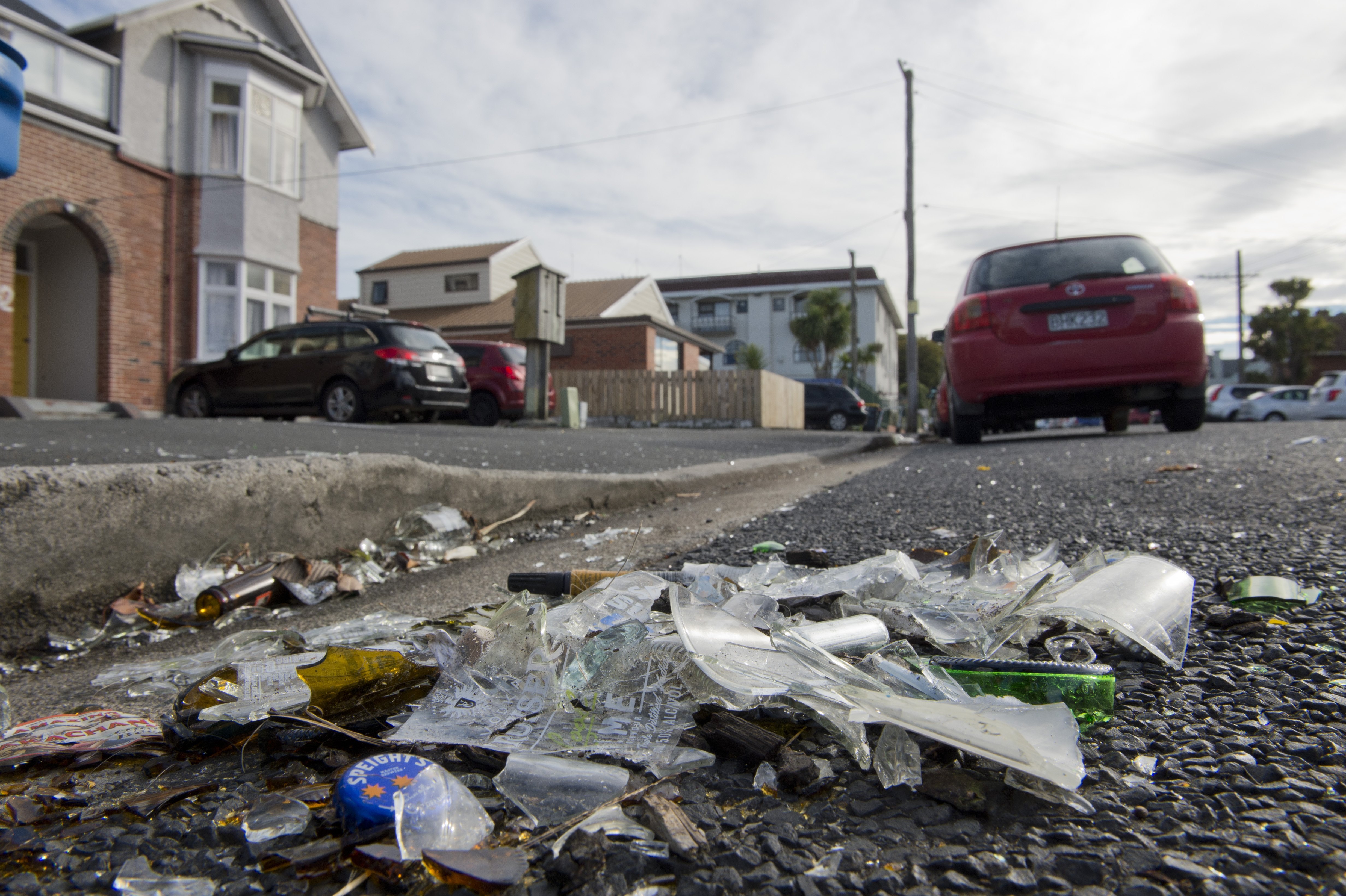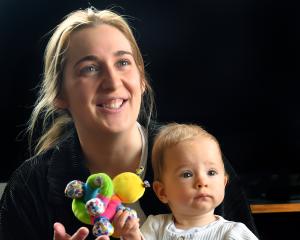
Public submissions on a draft replacement of the Dunedin City Council’s local alcohol policy (LAP) were heard at a hearings subcommittee meeting yesterday.
The draft replacement contained several proposed changes, including amending the hours off-licence premises could sell alcohol to between 7am and 9pm, as opposed to 7am to 10pm, prohibiting the promotion of alcohol on the exterior of premises and a temporary freeze on new off-licence premises in an area north of the Octagon.
Woolworths national alcohol responsibility manager Paul Radich said at the meeting the supermarket giant had five stores and two Fresh Choice operations in the Dunedin area.
The temporary ban on new off-licences would be "challenging" for business growth, the growth of the district and for the company to invest in Dunedin.
It would also be "horrendously expensive" for them to alter their trading hours as proposed, and asked the committee to consider the "unintended consequences" that a reduction in alcohol trading hours would pose.
In their submission, the police called for a prohibition on the sale of alcohol in glass containers, of a volume 500ml or less, from premises within a 1200m radius of the University of Otago — which they defined as 362 Leith St.
"There has been no engagement with the industry at all to suggest that there’s a problem in and around the university with glass," Mr Radich said.
"It is unclear to us whether there has been any engagement with the university itself, and certainly there hasn’t been any engagement with the industry to see if there’s a viable alternative to glass."
He said discretionary conditions, such as the 500ml glass bottle prohibition, were available to district licensing committees anyway and did not need to be included in the LAP.
They first became aware there was concern when the condition was suggested as part of the LAP.
The reality was that "evidence is required, regardless of whether it’s in the LAP".
After looking up Woolworths’ product range for beer online, Cr Andrew Whiley said about 80% of their current options were available in cans, and questioned whether there would be a challenge in promoting the cans more than bottles.
Committee chairman Cr Jim O’Malley asked Mr Radich when the last time he had visited North Dunedin was — which Mr Radich said was about 8 months ago to engage with regulatory agencies about conditions on "things we didn’t even do".
Cr David Benson-Pope said he was "puzzled" by Mr Radich’s statement that there was no awareness within the industry locally about issues with glass in the campus area, because he was aware of "long-standing conversations with various people in the industry around the mechanics of removing glass".
"You may be making an accurate statement from your own business perspective, but it’s not accurate in my view in respect to the wider industry in Dunedin North."
Mr Radich said he had been in his role for nearly 10 years, "and at no time has anyone raised an issue with glass around the university with me whatsoever".
"We are capable of being responsible and responsive, but we need to be engaged first."
Bede Crestani, the father of University of Otago student Sophia Crestani who died at a Dunedin flat party in 2019, said he believed there was an opportunity for supermarkets to help make Dunedin a safer place.
Supermarkets had "deep pockets and a long timeframe, so they’ll challenge stuff" and did not want to engage properly with some authorities who were just trying to keep people safe.
There was "no magic wand", but reducing the sale of single-serve alcohol and minimising glass were really good steps.
"I really just think that the supermarkets need to get on board with the communities that they’re selling into ... and come up with solutions that both allow them to make profit but also keep those communities safe," Mr Crestani said.











